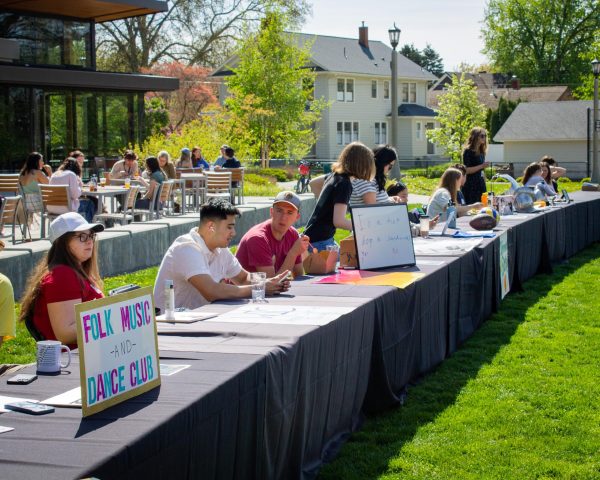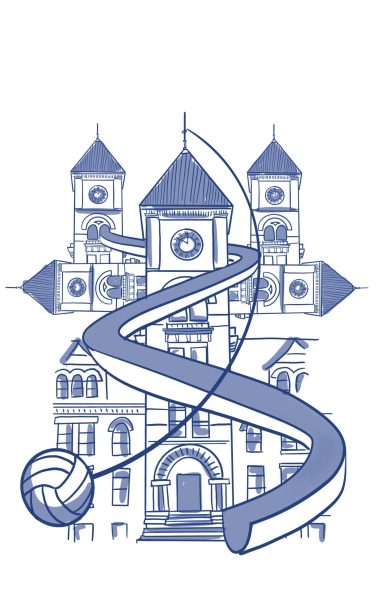The Power of Objectification
October 12, 2018
I recently met a young man on a plane, and three months later we went out to dinner. We had nothing in common, no mutual friends, opposite political leanings and radically dissimilar life agendas. As the night progressed, it was easy to tell what he wanted out of our random acquaintance. I was being objectified, appreciated mostly for my physical appearance. To him I was basically an object, and yet, I understood that I was also objectifying him, in some ways, and that I had gone on the date mostly because he was an attractive person. And, in that instance, we were in public, and I could leave at any time. I was in a relatively small amount of perceived danger, and being appreciated in this way made me feel almost … powerful.
This was the point at which I started wondering when objectification actually stripped me of my autonomy and when it gave me some sort of power. Women are sometimes able to use their physical appearance as a source of income; strippers, escorts and pornstars capitalize on their bodies. On the flip side, throughout history impoverished and/or kidnapped women and girls have been forced into the sex industry. Many did not have a choice, and most had their power stripped from them completely. Their bodies became something not their own, and this still happens in America and all over the world every single day, especially for female-bodied individuals of color and undocumented persons, who are even more vulnerable to abuse in our system of white supremacy.
Now, Beyonce was correct in her assertion that girls run the world, and that her “persuasion can build a nation.” But after seeing the events unfold in Washington this week, do we really have endless power, as Beyonce believes? When the average American woman still has a 20-25% chance of being forced into sex during her college years, and trans women, according to a 2017 study, have a 50-59% chance of being abused in their lives, that statement cannot remain unchallenged. Biologically, humans with ovaries hold a power unparalleled in humans without ovaries: the chance to create life out of mere cells. But what good is this power if we have no control over it, if our agency is stripped from us and we are made into something less than human.
My date left me with more questions about myself: how can attraction bend the mind to accept objectification as a compliment? I am comfortable with being appreciated, but there is always the chance that this appreciation will lead to something I am not comfortable with. At the same time, we all naturally want to be wanted. It’s a part of the life of every sexual being on this planet. And despite a history of assertions to the contrary, on average, women do enjoy having sex just as much as men.
It is tempting to believe that a female stripper has some sort of power when she profits off her sexual appeal, but when abortions are still illegal in many states, sex education is often banned or simply inaccurate and the majority of accused rapists never spend a day in jail, her body never fully belonged to her anyway. We will only truly reclaim our power through the slow and grueling process we’ve been working towards for centuries: complete gender equality for men and women of all races, trans and cis, non-binary and agender individuals. Until then, I’ll still be afraid to walk around at night. I’ll still be objectified by men on planes. And I’ll continue to add to the collective female power, the anger and the love and the cries for justice, until our voices are finally heard and we truly hold the power over our own bodies.







